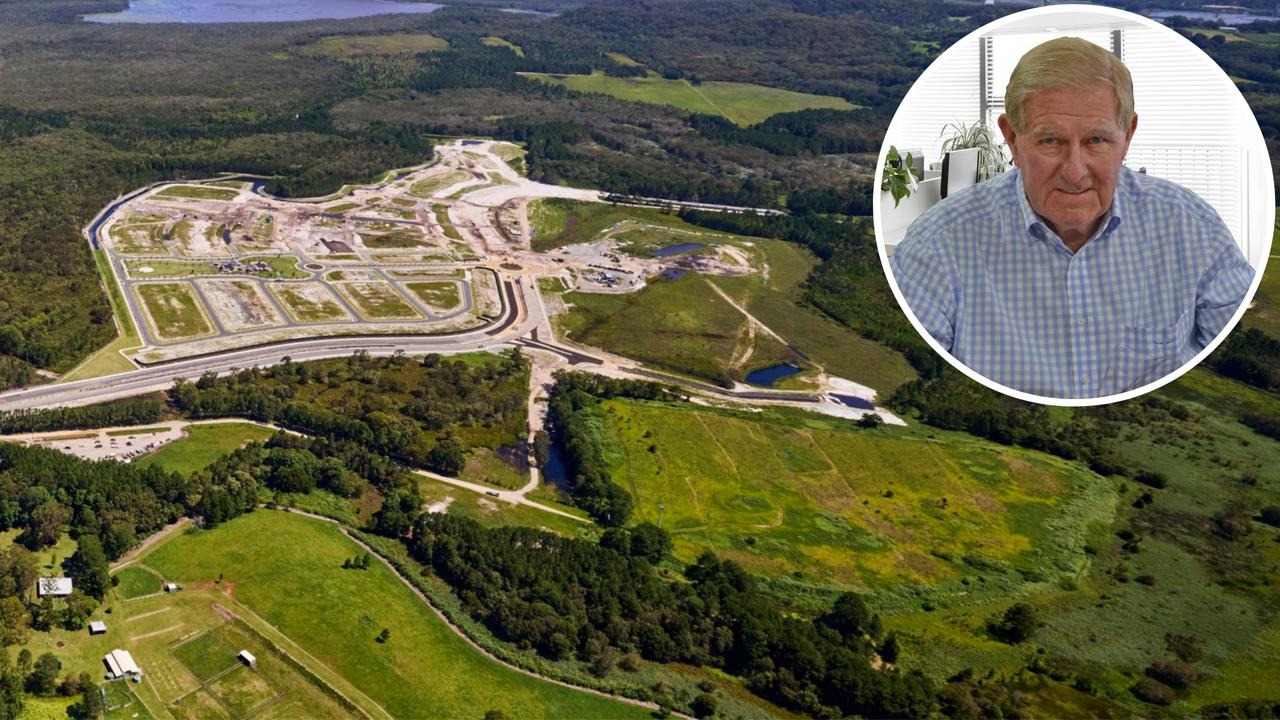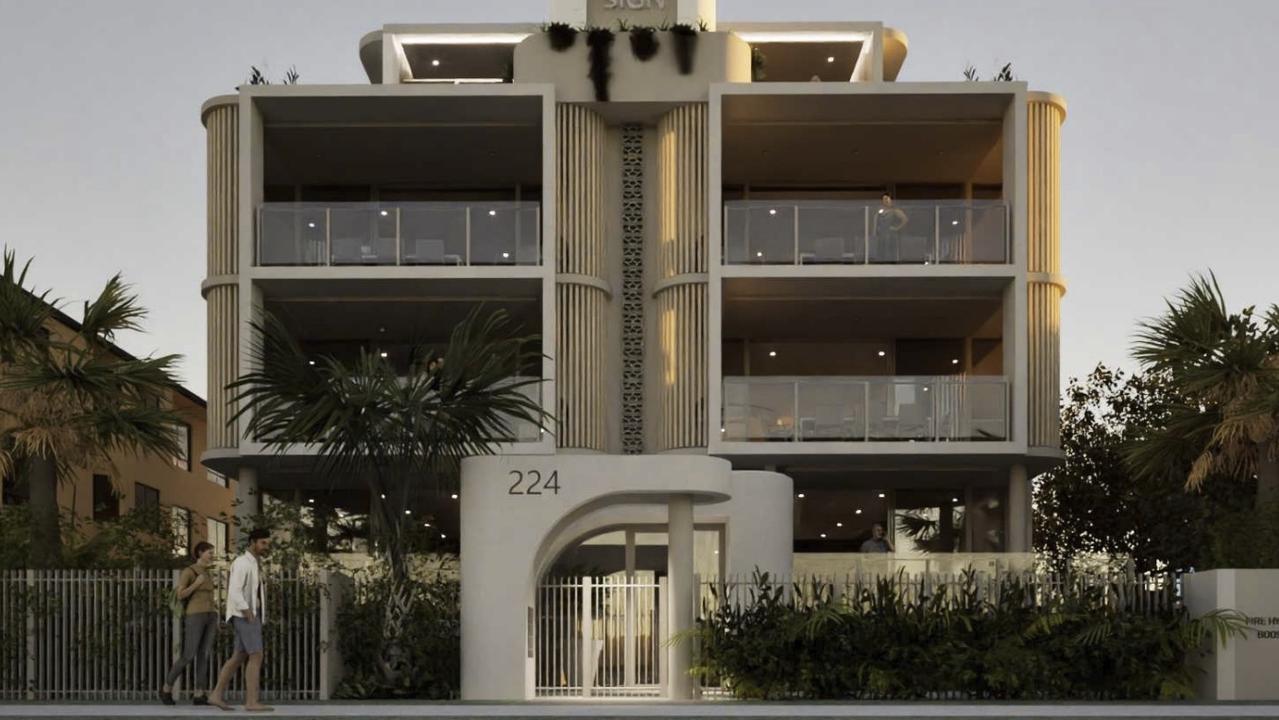Tax bill adds to developers woes
THE developer behind plans for two new townships on the Tweed not only has conservationists and koala defenders to contend with; he now faces a tax bill.
Property
Don't miss out on the headlines from Property. Followed categories will be added to My News.
THE billionaire developer behind plans for two new townships on the Tweed not only has conservationists and koala defenders to contend with; he now faces a massive land tax bill as well.
Leda Manorstead chief Bob Ell, who wants to build new towns of about 5000 homes each at Kings Forest south of Kingscliff and Cobaki Lakes west of Gold Coast Airport, has been ordered by a court to pay a multi-million-dollar land tax bill to the NSW Government for his Cobaki Lakes property.
Mr Ell, aged 65 and Australia's 27th richest man, whose personal wealth has been estimated at $1.1 billion, had claimed he was exempt because he was running cows on the land.
But the NSW Supreme Court ruling last week means he must pay a multi-million-dollar bill for land tax dating back to 2006.
Mr Ell's company had spent four years disputing the tax bill for the huge Cobaki Lakes property on the Queensland border.
Justice Ian Gzell ruled he must pay the tax on that land and could mean he also has to pay land tax on a nearby landholding where he also grazed cattle.
Justice Gzell found that in addition to the $16 million paid for the land at Cobaki, Leda had spent a further $13.7 million on earthworks.
“This is to be compared with the value of the cattle herd at 30 June 2006 at $92,750 and plant and equipment at $96,232,” Judge Gzell said.
“I take the view that the earthworks activities predominated ... it cannot be said, in my judgment, that the dominant use of Cobaki was for the maintenance of animals for the purpose of selling them or their natural increase or bodily produce.
“In my view, Leda has failed the dominant use test prescribed by the Land Tax Management Act ... and Cobaki was not land used for primary production at 31 December 2005.”
Mr Ell has owned the land for 16 years.
Originally published as Tax bill adds to developers woes


